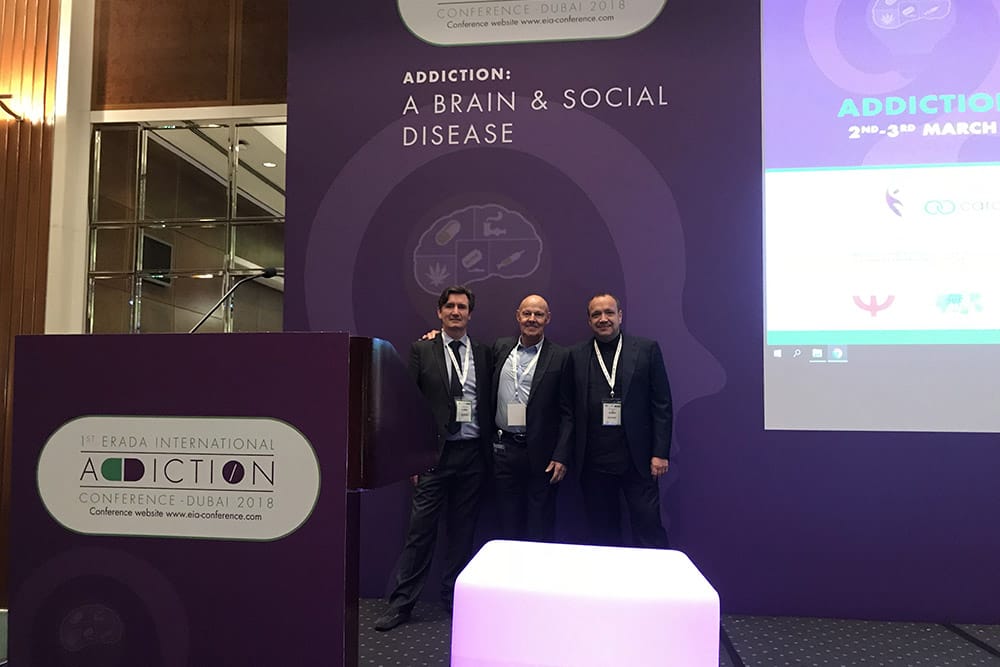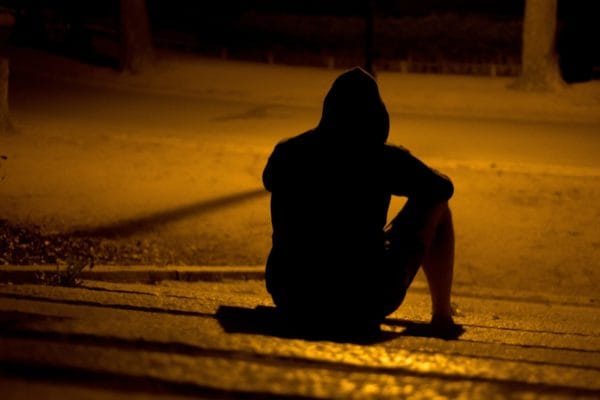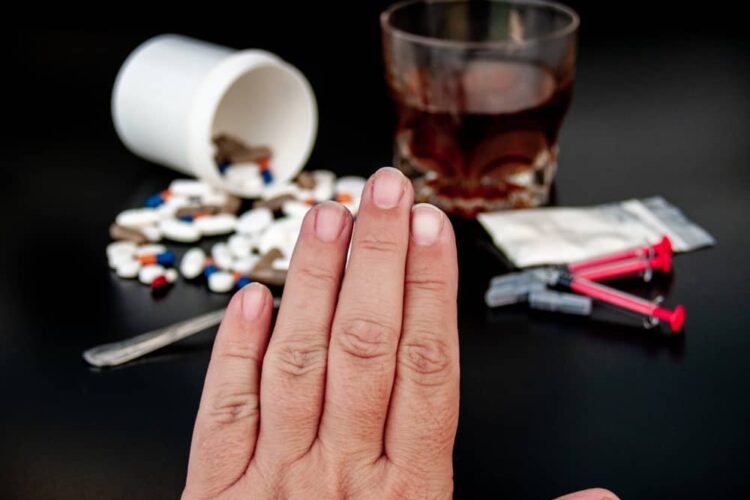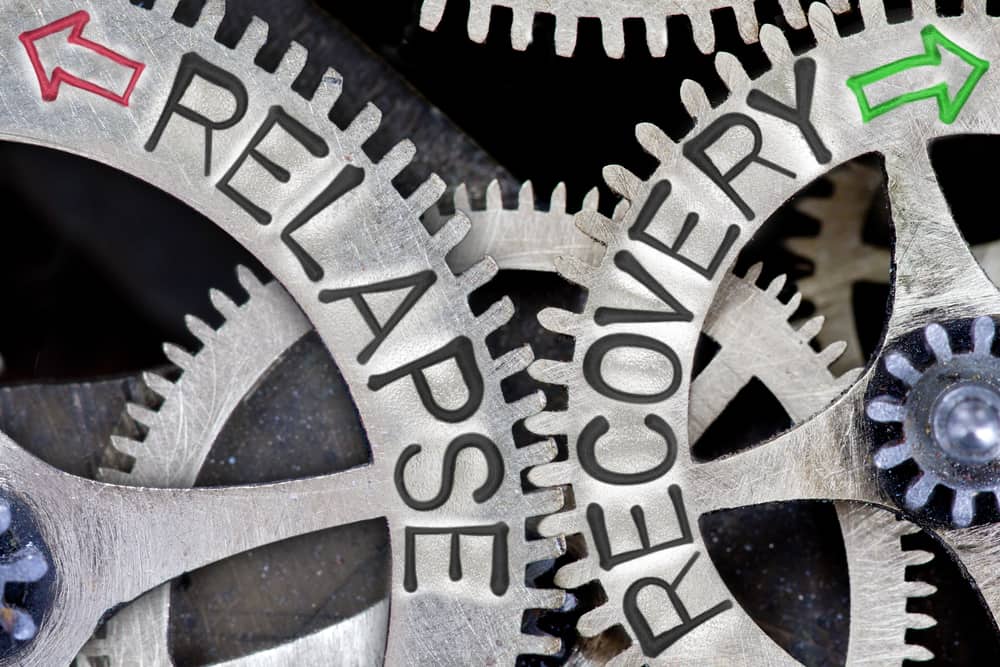
What is a relapse? And what causes one?
Addiction is a psychological or physical dependence (or in many cases, both) on the use of substances (including alcohol, drugs, prescription medication or nicotine); or the continued compulsive participation in an activity or behaviour (such as gambling, video-gaming, or sex) despite their being negative consequences to doing so.
Addiction rips apart families and destroys lives. It can affect anyone, irrespective of age, class, ethnicity, or gender. It is a disease that requires treatment, without which things almost never get any better, they will only get steadily and progressively worse.
However, there is lots of help available, and addiction is treatable. With a program of recovery, which can include day or residential rehab, fellowship meetings, therapy; and the right support network, addicts can and regularly do, live a full, happy, and successful life free from their addiction.
The chances are, if you or a loved one is in recovery, or is struggling with an addiction or dependency, then you will have heard the term, relapse. Here we try to explain what it means, some of the potential causes, and how to avoid it.

What is a relapse?
A relapse is when a person returns to using drugs, alcohol, or a behaviour after a period of sobriety. Some relapses will be brief, lasting a few hours or a night. Others can last weeks, months or even years.
Whilst they don’t happen to everyone, relapses are not unusual. A study published in the Journal of American Medical Association (JAMA) suggests that there is a 40 – 60% relapse rate for all substance abuse disorders. Similarly in a report by the National Council on Problem Gambling, they state that an estimated 50 – 75% of gamblers relapse after trying to quit.
Addiction is a chronic disease, the same as asthma, diabetes, and heart disease, which means the condition is not curable, but treatable, and therefore must be continually managed to reduce the risk of a relapse.
Even though relapse is a normal part of some people’s recovery journey, all relapses are dangerous, there are no guarantees that the person will make it back. An accident can happen, changing that person’s life irrevocably; individuals feel shame over their relapse and feel they don’t deserve a second chance. In the case of drug addiction, overdoses frequently occur. If an addict picks up their substance of choice and uses it in the same quantities they did before stopping, it can be too much for their system. Previously they had built a tolerance, after a period of sobriety their bodies are no longer adapted to the same level of drug exposure.

What causes a relapse? And how to avoid them.
There is no single reason for a relapse, it is as personal to the individual as the rest of their using, and recovery. It could have been caused by one event (sometimes called a trigger), or by a series of incidents.
Without a strong program of recovery addicts will often choose what they see as, “the easier softer option,” and pick up a drink, drug, or a behaviour, to soothe difficult emotions and manage painful experiences.
By understanding some of the most common risks that contribute to addiction relapse, individuals are more able to avoid potential triggers and maintain their recovery.
Here are some common triggers …… and how to avoid them.

1. People, places, and things associated with previous use.
One of the primary causes of a relapse following a stay in a rehab centre is returning to situations and places where the addict previously spent time. Hanging out with people that they used with, in bars and clubs where they may have drunk or taken drugs.
Sadly, this also means for some, by returning to a home where others are still using – possibly because they don’t believe they have a problem, and maybe they don’t; or maybe they are not yet ready to deal with it.
It is best to avoid all old haunts … there is a phrase, if you hang around long enough in a barber’s, eventually you’ll get a haircut! It is incredibly difficult to keep saying no, staying away from these people and places is the safest option until your recovery is solid. By then you will probably find they don’t hold the thrall they once did.
If it is possible to not return to a house where flatmates or friends still regularly use then that is preferable, look at alternatives. Secondary care or sober living are options available in some areas. If it is a family home, then maybe talk to your counsellor or therapist about getting some family therapy before leaving treatment – it may be that your family just needs to be more involved in your recovery so they can best support you.
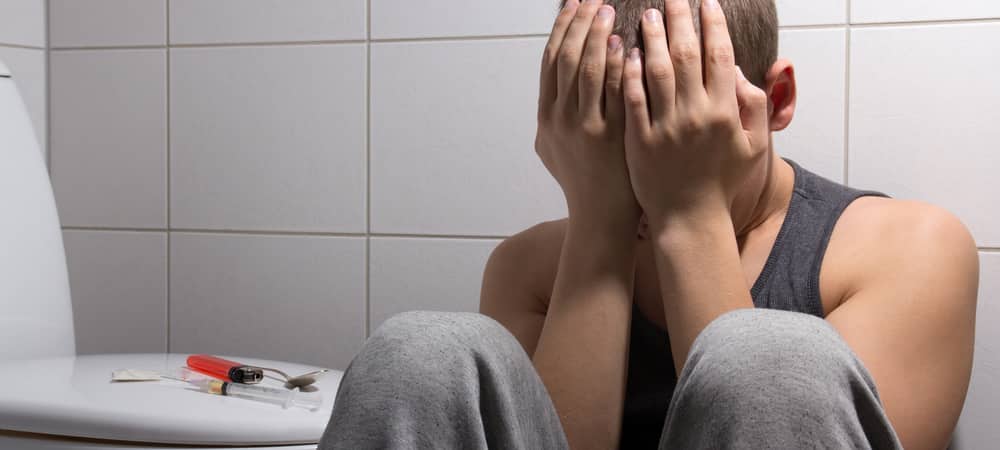
2. Untreated mental health conditions.
People struggling with substance abuse disorder are 50% more likely to struggle with a mood disorder such as anxiety or depression. Post-traumatic stress (PTSD) and unresolved or buried trauma are also common. As are other conditions such as ADHD (attention-deficit hyperactivity), OCD (obsessive-compulsive) and eating disorders.
Any good treatment centre or rehab clinic will look at any underlying issues a patient has and design a treatment programme that takes these into consideration. Otherwise speaking with a qualified psychotherapist or a specialist doctor can help. If in doubt your GP is a good place to start, and if you explain you are sober, and in recovery they should be able to point you in the right direction to get the care you need.
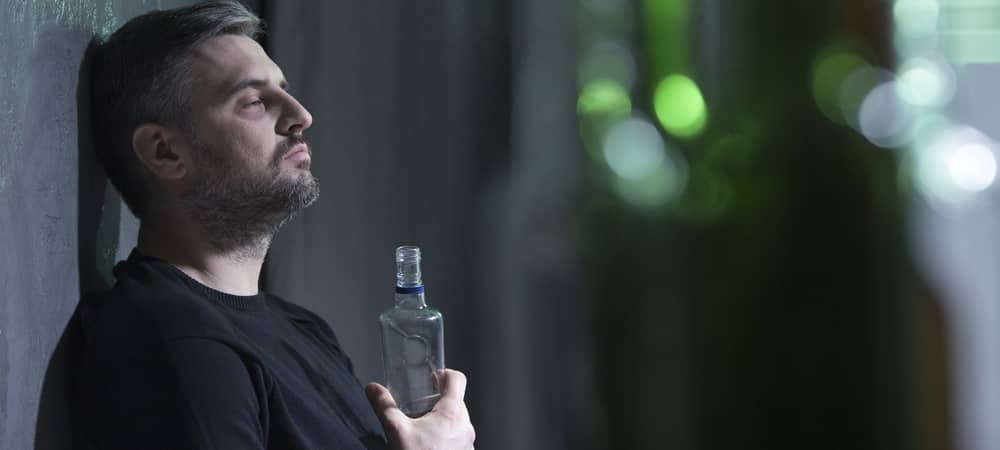
3. Lack of self-care.
Bad sleep, poor diet choices, and no exercise can leave anyone feeling unhealthy, sluggish, uncomfortable, with low self-esteem and wanting to find a way to feel better.
Trying to incorporate a good sleep pattern, eating healthy nutritious meals – regularly, getting a little exercise, incorporating some mindfulness practices in your daily routine, and generally looking after oneself does wonders for a person’s outlook.
It is much easier to make good decisions when you have had a decent night’s sleep and when you are not hungry. And both exercise and meditation have been proven to aid the management of all mental health conditions, including anxiety and depression.
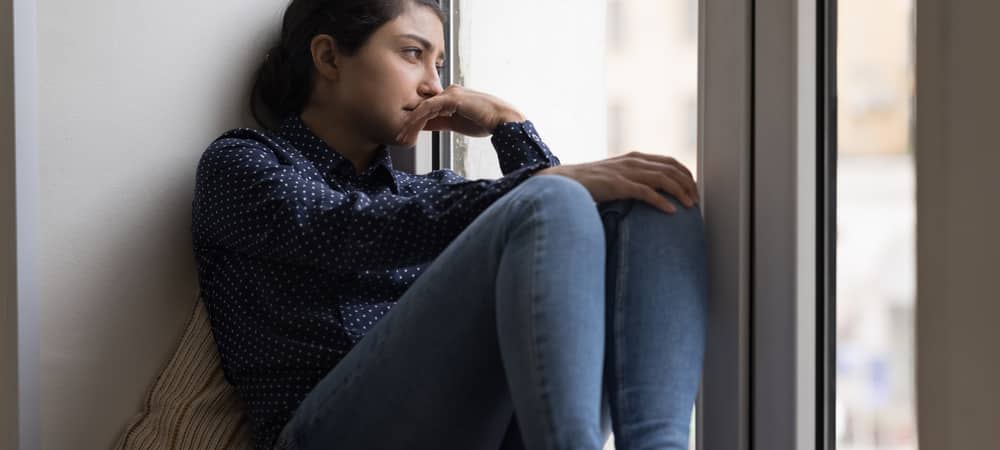
4. No support network, isolation, and boredom.
People with little social contact, and no support network, are more at risk of developing mental health problems; and are more likely to struggle with feelings of isolation and loneliness. Both of which can lead to them using alcohol and drugs to combat negative emotions and boredom. This remains true once an individual starts their journey of recovery. Without regular contact with friends, associates, or fellows, the old feelings will creep back in, and a relapse is around the corner.
Whether you started your journey of recovery at a rehab centre, in an institution, or through attending peer group fellowship meetings, one of the first and most important lessons learnt is to stay in touch with other like minded individuals, wherever you are. Reaching out keeps you connected and accountable.
It also gives you a whole new group of people to make friends with, replacing the acquaintances you hung out with when you were using. These will often introduce you to new hobbies and activities that you can now enjoy in sobriety, which will keep you from getting bored!
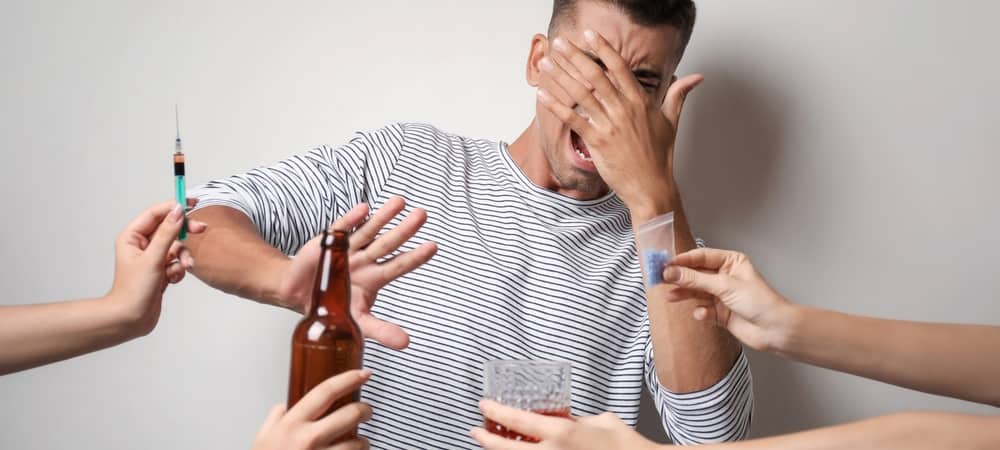
5. Difficult, tricky, or painful emotions.
Being sober doesn’t stop you having difficult days, feeling sad or angry, or getting stressed. All of which can be triggers into picking up a drink, drug, or engaging in negative behaviours. What it can do is teach you how to avoid unnecessary situations that are dangerous for you.
If you know that an event, a person, or a date is likely to be triggering for you, then you can work to put measures in place, so you have back up. If you have a support network then someone will spend time with you, talk things through, attend the event, whatever you need to get through it.
If you are practicing self-care, then stress is less likely to get on top of you and lead you to do something that you will regret. If any underlying mental health conditions are also being treated, then these are unlikely to drag you down further, making life seem unmanageable.
All the above will help prevent a relapse, however sometimes they happen anyway. A relapse isn’t a failure, it is another step on a person’s recovery journey, one that ultimately will make you stronger! It should be used as a lesson, a chance to regroup, refocus, and get back to work. Time to look at why it happened and make some positive changes.

Luxury addiction treatment clinic in Spain
Are you, or a loved one struggling with an addiction or dependency? Is relapse a reality for you right now? Are you struggling to find your way back into recovery?
Here at our luxury mental health and addiction rehab clinic, set on the idyllic Balearic Island of Ibiza, we treat clients with alcoholism, addiction, and substance abuse, as well as mental health conditions such as burnout, trauma, anxiety, and depression.
For information on all our rehab programmes, and for admissions to our Spanish rehab centre, please contact [email protected]
Share this information, choose your platform!
Drug and alcohol use during pregnancy
Many women will use substances whilst they are pregnant without realising the harm drugs or alcohol could cause their unborn child. During pregnancy anything that goes into the mother’s body has the potential to adversely affect the baby. Drinking alcohol, …
Erada Dubai International Conference
We were recently invited to the 1st Erada (erada.ae) international conference on addiction, a brain and social disease. The ground-breaking conference was the first of its kind in Dubai, the United Arab Emirates. There were speakers from all over the …
Fentanyl – The Secret Killer
Fentanyl is a highly addictive opioid claiming the lives of many. It’s often used knowingly, but in some cases unknowingly by the user. Fentanyl use has increased dramatically. In 2014 (USA) Fentanyl related deaths were around 4223, two years on …
#AddictionAwarenessWeek2023 – Everybody Knows Somebody
The 3rd annual Addiction Awareness Week, UK, runs from the 28th of October through to 4th of November 2023. This year’s theme is ‘Everybody knows somebody’. Led by the campaign ‘Taking Action on Addiction’; spearheaded by the charity ‘The Forward …







